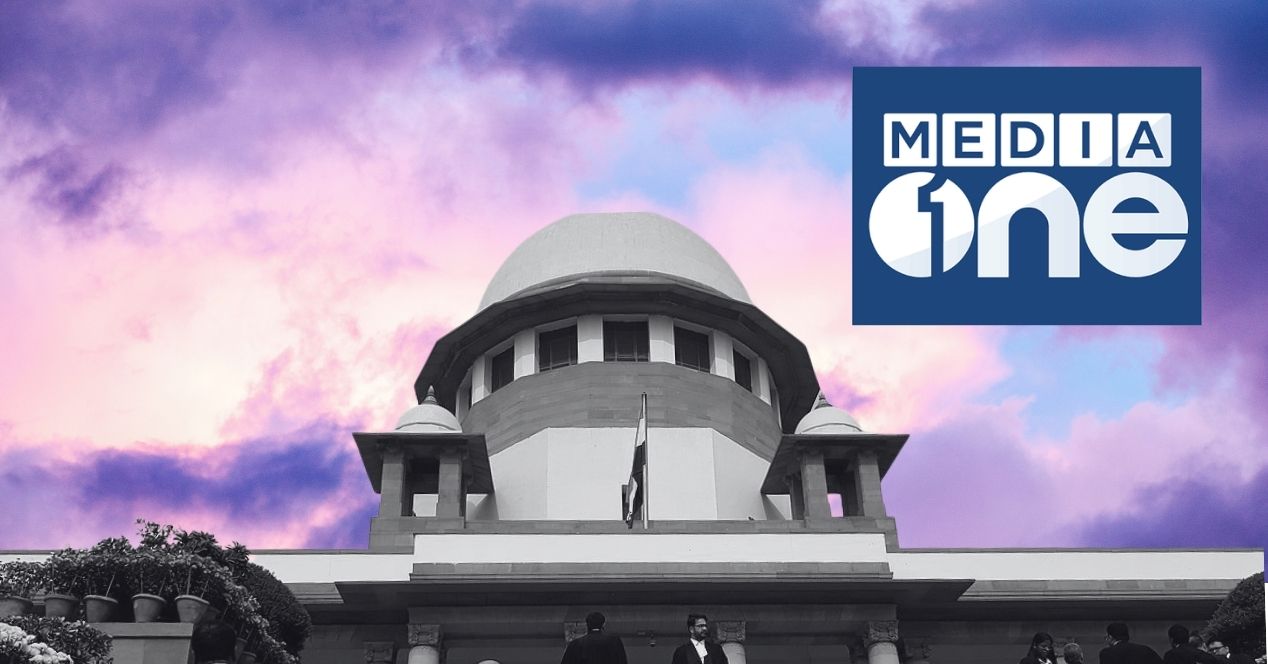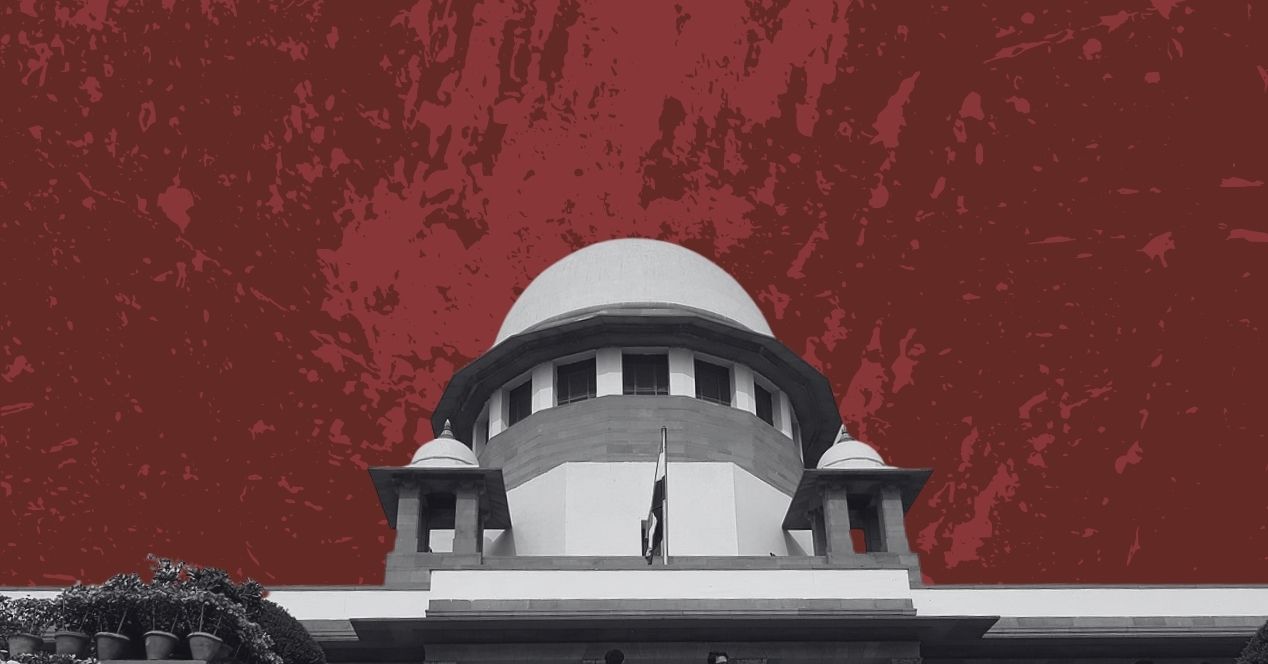Analysis
Sealed Covers: Safeguarding Secrets or Eroding Transparency?
DESK BRIEF: Government agencies have begun to submit evidence to the Supreme Court in ‘sealed covers’ with increasing frequency.

Government agencies have begun to submit evidence to the Supreme Court in ‘sealed covers’ with increasing frequency. Sealed covers are used when government agencies or other persons submit sensitive and confidential information to the Court, only to be accessed by Judges. The general public, or even the parties of the case may not have access to this information. Whether the practice of submitting sealed covers is acceptable or not is being increasingly scrutinised. As of late, the Court has expressed its displeasure with ‘sealed cover jurisprudence’.
Why Does it Matter?
Sealed covers are used when the information submitted to the Court by government agencies or by other persons is so sensitive that the public must not learn about it.
However, the use of sealed covers may erode transparency, militating not just against citizens’ access to information about the proceedings, but also the other party’s ability to understand all the facts of the case. Some have argued that this violates the principles of natural justice. Concerns have also arisen about the Court’s use of sealed cover jurisprudence in civil liberties cases.
When has Sealed Cover Jurisprudence Been Used in the Past?
A Bench led by former Chief Justice Dipak Misra relied on evidence submitted by the Maharashtra Government in a sealed cover in the Bhima-Koregaon case (2018).
Benches led by former Chief Justice Ranjan Gogoi received information from the government in sealed covers in the Rafale Fighter Jet Deal case (2018), the National Register of Citizens (NRC) case in Assam (2019), and in the Ayodhya Title dispute (2019). In 2018, a Court-appointed committee submitted its report in a sealed cover in the challenge to the ‘fake encounters’ conducted by the Gujarat Police between 2002 and 2006. In 2019, the Election Commission submitted a report in a sealed cover in Narendra Modi’s Biopic Release case. Sealed covers were also submitted in the sexual harassment case against Gogoi CJI (2019), and in the Electoral Bonds case (2021).
Recent Developments:
More recently, the Court has expressed displeasure with the use of the sealed covers. In March 2022, Chief Justice Ramana admonished the Bihar government for submitting information in a sealed cover in the Muzaffarpur Shelter case. The very same day, a Bench led by Justice Chandrachud critiqued the practice while lifting the stay on MediaOneTV, saying that the Court would consider whether the practice of submitting information in sealed covers is legally tenable.



